When it’s time to open your pool for spring, you face a key decision: handle it yourself or hire a professional. Each option has its pros and cons, and the right choice depends on your pool type, budget, time availability, and comfort level with maintenance tasks.
- DIY Pool Opening: Costs less (around $300-$600), gives you control, and helps you learn about your pool. But it requires time, effort, and knowledge of water chemistry and equipment. Risks include chemical mishandling, missed issues, and potential warranty voids.
- Professional Services: Costs $200-$1,000 depending on complexity but saves time and ensures expert care. Professionals can identify problems early, handle intricate systems, and provide peace of mind. However, it’s more expensive and less hands-on.
Quick Comparison
| Factor | DIY Pool Opening | Professional Pool Opening |
|---|---|---|
| Cost | $300-$600 | $200-$1,000 |
| Time Required | Several hours to a day | A few hours |
| Skill Level Needed | Basic pool knowledge | Expert technicians |
| Risk of Mistakes | Higher | Low |
| Convenience | Time-intensive | Hands-off |
| Warranty Concerns | Potential voiding | Maintains warranty |
For simpler pools, DIY may be a good option if you’re confident in your skills. For complex pools or if you’re short on time, hiring a professional is often the safer choice. Weigh your priorities – time, cost, and expertise – to make the best decision for your pool.
DIY Pool Opening
Taking on the task of opening your pool yourself gives you control, saves money, and helps you become more familiar with your pool system. However, it requires time, patience, and attention to detail. Here’s a straightforward guide to help you get started.
How to Open a Pool Yourself
Opening a pool on your own involves a series of important steps that need to be followed in the correct order. Start by removing the pool cover carefully. Clean and dry it before storing it to prevent debris or water from contaminating the pool.
Next, take out any winterizing plugs and reinstall the equipment you removed for the winter. Make sure all components are securely connected and sealed. Inspecting your equipment early on is crucial – it can help you catch potential issues before they turn into expensive repairs.
Reinstall and check your pump, filter, heater, and any automation systems for cracks, leaks, or other damage. Follow the manufacturer’s instructions to properly prime the pump.
Once the equipment is set up, fill the pool until the water level reaches the middle of the skimmer. Run the filtration system for a full 24 hours, then test the water. Adjust the chemistry to ensure proper balance: aim for a pH level between 7.2 and 7.6, and check alkalinity, chlorine levels, and calcium hardness.
Benefits of DIY Pool Opening
Doing it yourself comes with some clear perks. First, it’s a cost-effective option. By skipping professional service fees, you can redirect that money toward maintenance supplies or upgrades for your pool.
Another advantage is flexibility. You can open the pool whenever it works best for your schedule, instead of waiting for a service appointment. This can be especially helpful during the busy spring season when pool services are in high demand.
A DIY approach also gives you a chance to learn more about your pool system. Understanding how your equipment operates and where key components are located can help you spot problems early and handle routine maintenance more confidently.
Lastly, there’s a sense of satisfaction that comes with taking care of your pool on your own. It’s empowering to know that you can maintain your backyard oasis without relying on outside help.
DIY Pool Opening Risks and Problems
While there are benefits, DIY pool opening isn’t without its challenges. Handling pool chemicals incorrectly can lead to serious issues. For instance, using too much chlorine can damage your pool surfaces and equipment, while improper pH levels can cause skin and eye irritation. Mixing chemicals in the wrong order or quantities can also result in dangerous reactions.
Another risk is overlooking small problems, like a minor leak, which could escalate into major damage. Professional technicians often have the experience to catch these subtle issues early – something that might be missed by a less experienced pool owner.
Time is another factor to consider. A DIY pool opening can take longer than expected, especially if you encounter problems. What starts as a quick project might turn into multiple days of troubleshooting, extra trips to the store, or struggling to balance the water chemistry.
There’s also the issue of equipment warranties. Some manufacturers require professional installation or maintenance to keep warranties valid. Before making repairs or adjustments, double-check your warranty terms to avoid voiding coverage.
Finally, safety is a critical concern. Reconnecting electrical components near water can be risky if not done correctly. Additionally, improper chemical handling and slippery pool decks can create hazards. Taking the proper precautions is essential to avoid accidents.
Professional Pool Opening Services
Opting for professional pool opening services ensures your pool is ready for a safe and seamless swimming season. These specialists bring the right tools and expertise to handle even the most intricate pool systems, making the process efficient and stress-free. From setting up equipment to treating the water, they manage it all.
What Professional Pool Opening Services Include
Professional pool opening involves a detailed process to ensure every part of your pool is functioning properly. It starts with the careful removal and proper storage of winter covers and accessories. Then, all pool equipment – like pumps, filters, and deck components – is reassembled and tested to ensure everything is in working order.
The service includes reactivating electrical controls, removing winter plugs, and performing an initial chemical treatment to balance the water. Professionals also thoroughly clean the pool and conduct a comprehensive inspection of key components, such as the pump, filter, heater, chlorinator, skimmers, liner, light covers, and fittings. This inspection helps identify any winter-related damage or wear that might need attention.
Why Hire Professional Pool Services
The biggest benefit of hiring professionals is their expertise and the safety they bring to the table. Certified technicians can spot potential problems – like leaks, filter damage, or electrical issues – before they turn into expensive repairs. For custom or high-end pools, such as infinity edge pools or geometric pools, their specialized knowledge is invaluable. These pools often have intricate systems that require careful attention and adherence to high-quality standards.
What might take a pool owner an entire weekend can be completed by professionals in just a few hours, thanks to their advanced tools and access to replacement parts. Their efficiency not only saves time but also ensures the job is done right the first time.
Professional Pool Opening Costs and Value
The cost of professional pool opening services depends on factors like location, pool size, and system complexity. While the upfront expense may vary, it often saves money in the long run by preventing costly repairs. For example, improper chemical balancing or overlooked equipment issues can lead to significant damage, but professional care helps avoid these problems.
Additionally, regular professional maintenance protects your investment and extends the life of your pool. By ensuring everything is in top condition, you can enjoy a hassle-free swimming season while preserving the long-term value of your pool.
DIY vs Professional Pool Opening Comparison
When it’s time to open your pool, you’re faced with a choice: tackle it yourself or call in the pros. Both options have their perks and drawbacks, impacting your wallet, schedule, and overall stress level. Below is a closer look at how DIY pool opening stacks up against hiring professionals.
| Factor | DIY Pool Opening | Professional Pool Opening |
|---|---|---|
| Upfront Cost | $300-$600 (equipment $200-$500 + chemicals ~$100) | $200-$1,000 depending on service level |
| Time Investment | Several hours to a full day; time-intensive | Usually completed in a few hours; highly efficient |
| Skills Required | Basic knowledge of pool maintenance and chemistry | Years of professional expertise |
| Risk Level | Higher risk of mistakes, like chemical mishandling | Minimal risk with trained technicians and insurance |
| Quality Assurance | Depends on your skills and attention to detail | Consistent results with warranties and guarantees |
| Convenience | Demands your time and physical effort | Hands-off – professionals take care of everything |
| Long-term Value | Mistakes may lead to costly repairs later | Prevents issues through expert care and inspections |
Cost Breakdown
The financial commitment is one of the first things to consider. DIY pool opening generally costs between $300 and $600. This includes equipment purchases, such as skimmers, brushes, and test kits ($200-$500), plus approximately $100 for the necessary chemicals. However, the potential for mistakes – like improper chemical balancing or missed equipment issues – can lead to expensive repairs, adding to the long-term cost.
Professional services, on the other hand, range from $200 for basic services to $1,000 for premium packages. While the upfront cost might seem steep, it often pays off in the long run. By ensuring proper chemical handling and catching potential issues early, professionals can help you avoid future repair expenses. As the Poolie Team puts it:
"While hiring professionals might seem more expensive upfront, it can provide peace of mind and save you money in the long run. Professionals have the experience and expertise to avoid costly mistakes, ensuring your pool is opened correctly and efficiently. This can prevent future issues that could lead to higher repair costs."
Time and Expertise
Opening a pool yourself can take several hours – or even a full day – especially if you’re new to the process. It requires a solid understanding of chemical ratios, equipment reassembly, and safety protocols. If you’re confident in your skills and enjoy the challenge, DIY might be a rewarding option.
In contrast, professional technicians bring years of experience to the table. They’re equipped to handle complex tasks like chemical balancing and can quickly identify potential problems before they escalate. For pool owners with intricate systems, such as infinity edges or geometric designs, professional expertise isn’t just helpful – it’s essential.
Convenience and Peace of Mind
Convenience is another major factor. DIY pool opening demands time, effort, and focus – time that could be spent on other priorities. Some pool owners, however, appreciate the hands-on learning experience and sense of accomplishment that comes with doing it themselves.
Professional services, meanwhile, offer a hands-off approach. From start to finish, technicians handle every detail, allowing you to relax and enjoy the peace of mind that comes with knowing the job is done right. Additionally, most professional services come with warranties and insurance coverage, so if something goes wrong, you’re protected. DIY, on the other hand, leaves you solely responsible for any errors or mishaps.
For homeowners with complex pool systems, hiring professionals is often the safest and most practical option. These systems require precise handling and advanced knowledge that most DIYers simply don’t have.
sbb-itb-87baa56
How to Choose Between DIY and Professional Pool Opening
When deciding whether to tackle pool opening yourself or hire a professional, it’s important to evaluate a few key factors. The type of pool you own, your budget, the time you can dedicate, and even your pool’s warranty all play a role in making the best choice.
Pool Type and Complexity
The type of pool you have can often dictate the level of expertise required. For instance, in-ground pools usually have more intricate systems, like plumbing, filtration, and heating, which might be better handled by professionals. On the other hand, above-ground pools tend to be simpler, making them more manageable for a DIY approach. If your pool includes advanced features like waterfalls or automated systems, professional assistance might save you from potential headaches.
Budget and Time Considerations
Your budget and schedule are equally important. Hiring professionals comes with a cost, but it can save you significant time and effort. DIY pool opening, while more affordable, might require a larger time commitment, especially if you’re unfamiliar with the process. If you’re comfortable dedicating a weekend and learning as you go, DIY could be a great option. But if your time is limited, outsourcing the task might be worth the expense.
Pool Warranty and Long-Term Value
Another factor to weigh is your pool’s warranty. Some warranties may require professional servicing to remain valid. Skipping professional help could potentially void coverage, leading to higher costs down the line if issues arise. Additionally, professional services often include inspections that can catch small problems early, preserving the long-term value of your pool.
Conclusion
Choosing between opening your pool yourself or hiring a professional boils down to what fits your needs best. Each option has its perks and challenges, making them suitable for different types of pool owners.
If you’re someone who enjoys tackling hands-on projects, has a simple pool setup, and wants to cut down on costs, DIY pool opening can be a great option. It gives you control over the process and helps you better understand your pool’s workings. However, it does require time, effort, and comes with the risk of mistakes that could lead to expensive repairs.
On the other hand, professional pool opening services bring expertise and efficiency to the table. They’re ideal for handling complex pool systems, identifying potential issues early, and completing the job quicker than most homeowners could. The downside? The higher cost and less personal involvement in the process.
The type of pool you own is a big factor in this decision. Simpler above-ground pools are often manageable for DIY enthusiasts, while more intricate in-ground pools with features like automated systems or water fountains usually benefit from a professional touch. Don’t forget to check your warranty requirements – some pool manufacturers insist on professional servicing to keep warranties valid.
Your time and budget also play a key role. If you’ve got the tools, a free weekend, and the patience to learn, DIY might be a rewarding choice. But if your schedule is tight or you’d rather skip the hassle and dive straight into pool season, hiring a pro can be well worth the cost.
Ultimately, the right choice depends on your pool’s complexity, your confidence in handling the job, and how much time and money you’re willing to invest. There’s no one-size-fits-all answer – just the approach that works best for you.
FAQs
Should I open my pool myself or hire a professional?
Deciding whether to open your pool yourself or hire a professional boils down to your experience, schedule, and budget. Going the DIY route can definitely cut costs, but it demands a solid understanding of pool equipment, chemical balancing, and how to troubleshoot potential problems. Without the right know-how, a simple mistake could lead to expensive repairs later.
On the flip side, hiring a pro means you’re getting expert care to ensure your pool is opened safely and correctly. Yes, it costs more upfront, but it saves you time and significantly reduces the chances of errors. This option is particularly helpful if your pool system is complex or you’re stretched for time. In the end, the decision comes down to how confident you feel about tackling the process yourself and how much you value the convenience and reassurance of professional help.
What steps should I take to avoid voiding my pool’s warranty if I open it myself?
To keep your pool’s warranty intact when opening it yourself, start by thoroughly reading the warranty terms. This will help you understand what’s covered and any specific rules tied to DIY maintenance. It’s crucial to stick to the manufacturer’s instructions to the letter since any misstep could potentially void the warranty.
Make it a habit to document everything you do – take photos, jot down notes, or even keep a checklist. This way, you’ll have solid proof of proper maintenance if any issues arise later.
If you hit a snag or feel uncertain about any steps, don’t hesitate to reach out to the manufacturer or warranty provider for guidance. These small but important steps can help you maintain your warranty while enjoying your pool worry-free.
What are the most common mistakes people make when opening their pool themselves, and how can they avoid them?
One common misstep when opening your pool yourself is neglecting a deep clean of both the pool and its surrounding area. Skipping this step can lead to debris piling up and, eventually, water quality problems. Another frequent oversight is not checking or maintaining crucial equipment like pumps and filters. Ignoring these can result in expensive repairs down the line. Lastly, rushing through the process – especially when it comes to balancing chemicals – can create unsafe swimming conditions.
To steer clear of these issues, dedicate time to thoroughly clean your pool, carefully inspect all equipment for signs of wear or damage, and follow a detailed process for balancing chemicals. If you’re uncertain about any step, reaching out to a professional, such as Aqua Blue Pools, can help ensure your pool is ready for use without unnecessary hassle or risk.


